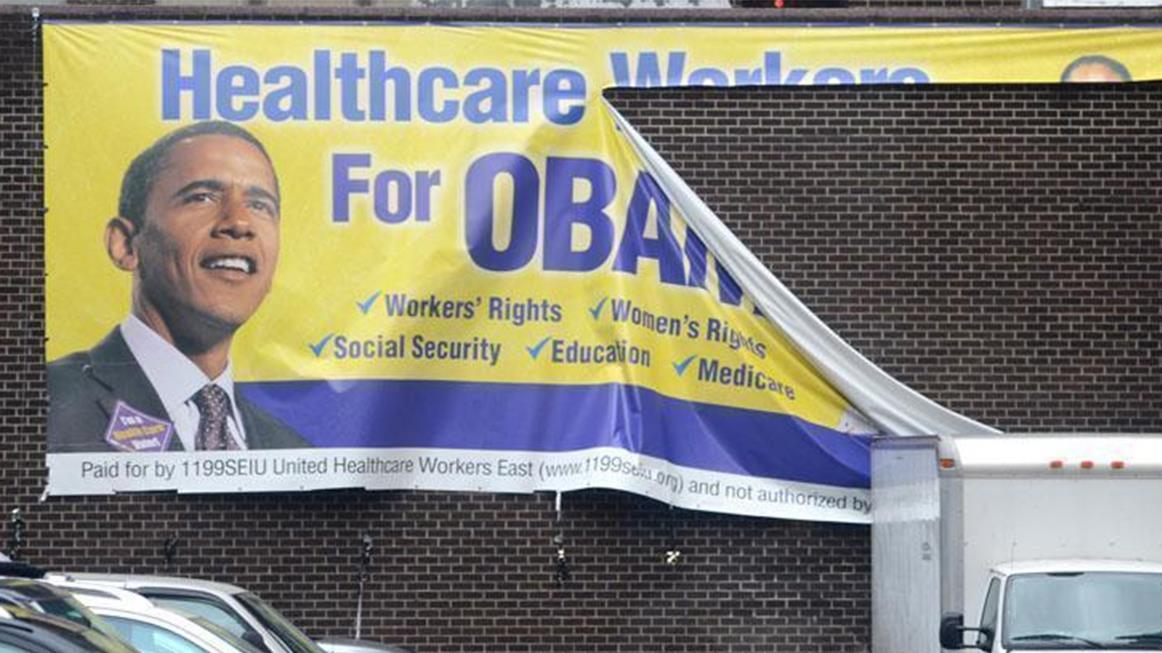ObamaCare sign-up deadline extended in these states, despite judge's ruling
A federal judge in Texas may have struck down the Affordable Care Act as unconstitutional in a ruling on Friday night, but sign-ups for the health insurance program will continue as planned, according to the White House.
Although the open enrollment period to sign up for the program, one of the biggest legislative accomplishments of the Obama administration, ends on Saturday for most Americans, a number of states extended it, allowing people to buy coverage after the original Dec. 15 deadline, according to Health Markets.
California: Jan. 15
Colorado: Jan 12
Massachusetts: Jan 23
Minnesota: Jan. 13
New York: Dec. 31
Rhode Island: Dec. 31
Washington, D.C.: Jan. 31
If you miss the open enrollment deadline -- which generally lasts for about 45 days, starting on Nov. 1 -- and you don’t qualify for a special enrollment period, you will have to wait until open enrollment begins in 2020 to gain coverage. (The loss of health insurance through a job; household changes like marriage or having a baby; and a change in your home address generally qualify you to enter through a special enrollment period).
With the deadline nearing on most states, ObamaCare sign-ups have significantly declined so far in 2018. According to the Centers for Medicare and Medicaid Services, the number of people who selected ACA exchange plans fell about 11 percent, compared to last year (although it’s a possible a last-minute surge could boost those numbers).
“The latest ACA numbers suggest the drop in signups is primarily due to lack of awareness & possibly mandate repeal, more than lack of appealing plans,” Cynthia Cox, the director of the program for the study of health reform and private insurance at the Henry J. Kaiser Family Foundation, wrote in a tweet.
Last year, Republicans rolled back a financial penalty, known as the individual mandate, for people who did not sign up for health coverage, which could be contributing to the lower-than-expected numbers.
That was the basis late Friday night for a federal judge in Texas to argue that because Congress had eliminated the key tax provision in the legislation, the ACA was no longer constitutional.
The Supreme Court originally upheld ObamaCare on the principle that the mandate was somehow a tax. Although Congress does not have the ability to require people to buy health insurance, or a car, or a house, that particular provision was considered part of lawmakers’ taxing authority. But when Congress removed that penalty, they essentially gutted the taxation part of the law. States then argued that the entire basis for the health care act standing as constitutional is gone, meaning the entire law is unconstitutional.Because the decision is expected to be appealed to the U.S. Supreme Court, the White House said the law will remain in place.




















